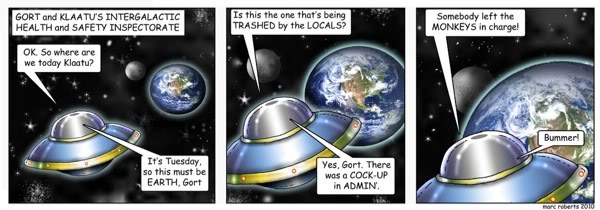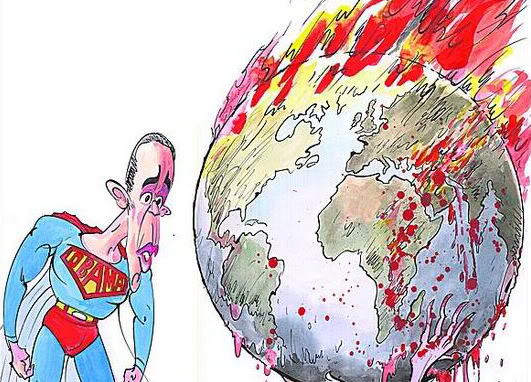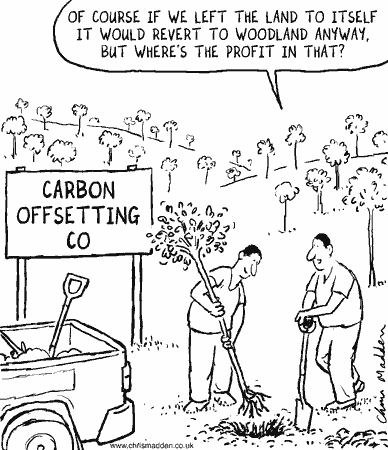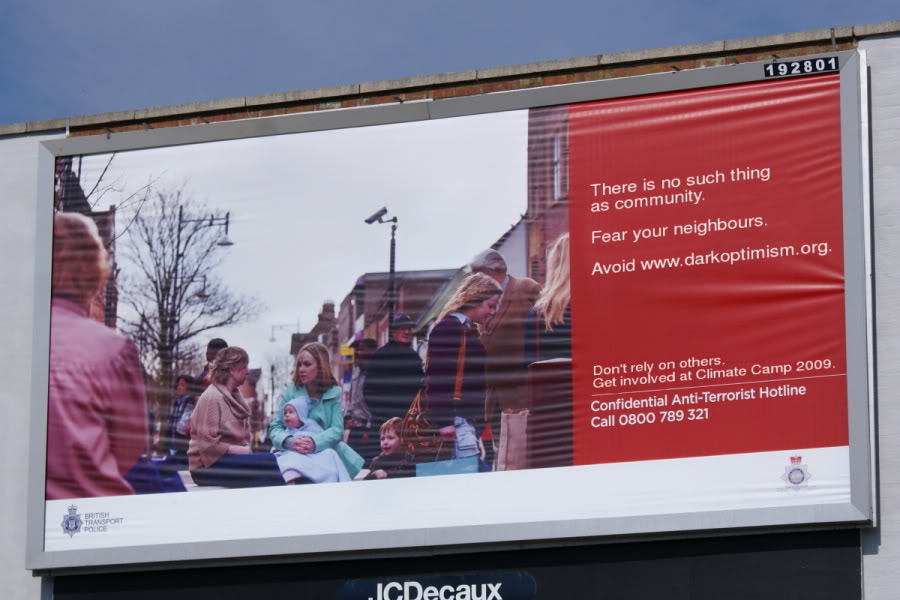
by Shaun Chamberlin | Feb 11, 2011 | All Posts, Cultural stories, Reviews and recommendations, The Transition Timeline, Transition Movement
The brilliant cartoonist Marc Roberts (whose work will be familiar to regular Dark Optimism readers) got in touch with the Transition Network last year offering to produce a strip exploring the Transition concept. The time has come for the results to be unleashed on...

by Shaun Chamberlin | Jan 5, 2010 | All Posts, Climate Change, Cultural stories, Favourite posts, Politics
“Tell everybody waitin’ for SupermanThat they should try to hold on, best they can He hasn’t dropped them,Forgot them,Or anything, It’s just too heavy for Superman to lift” ~ The Flaming Lips We’ve all seen...

by Shaun Chamberlin | Dec 1, 2009 | All Posts, Climate Change, Cultural stories, Favourite posts
Off the back of taking part in CheatNeutral’s spoof chat show ‘Going Neutral’ at the Science Museum, this feels like the perfect time to take a look at the concept of carbon offsetting, the most recognised example of which is the planting of trees to...

by Shaun Chamberlin | Jun 29, 2009 | All Posts, Climate Change, Cultural stories
This year’s Climate Camp will run from Thurs 27th August to Weds 2nd Sept, at an as yet undeclared location in or around London (inside the M25). This year the camp will not be culminating in a ‘direct action’, but will instead be focusing on...






Recent Comments